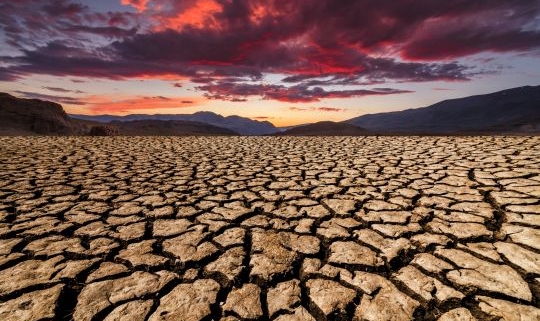Hot Summer, Hot Earth?
Summer may be great but there could be doom ahead. It’s a hot summer of summer 2018. All across the world everyone is enjoying this glorious weather that we’re having. Though could there be something sinister approaching? It’s all our own fault too.
Hothouse Earth
Scientists believe that we could be heading to an area that we cannot turn back from. A tippy point that triggers an area of global warming that would trigger a domino effect. Consequently affecting the future of mankind. This is deemed ‘Hothouse Earth’ a period. Which will pose ‘severe risks for health, economies, political stability, and ultimately, the habitability of the planet for humans.’ This was described by international scientists who wrote in the journal Proceedings of the National Academy of Sciences. The study shows that long term, the planet would stabilise at a global average of 4C-65C above pre-industrial levels.
If this increase occurs, areas of the planet, LARGE areas of the planet around the equator would become uninhabitable. Sea levels are already at an all time high. Up to 60meters higher, as a result threatening coastal cities livelihoods.
Tipping points
The threshold for the tipping point will be reached when average global temperatures are 2C higher than they were pre-industrial era. We are already at a 1C increase and as summer 2018 shows we are still rising. Feedback mechanisms which will act like a ‘row of dominoes’ will spin the world as we know it into such a state of uncontrollable climate change. Even if we do things when it’s too late. It will be the absolute definition of too little too late. The research states that theere are 10 feedback processes that are predicted it kick in at 2C warming. While the ‘tipping’ elements could turn natural carbon storage systems or sinks into hugely powerful greenhouse gas emitters.
Furthermore the dangers identified were thawing permafrost, release of methane trapped on the ocean floor, weakening lands, ocean carbon sinks, increased carbon dioxide production by ocean bacteria, Amazon rainforest die-back, coniferous forest die-back, reduced northern hemisphere snow cover, loss of Arctic summer sea ice, reduced Antarctic sea ice and melting polar ice sheets. That’s a lot of scary stuff! Which by the sounds of it, will only make the earth hotter!
Which is echoed by the scientists in the report:
‘Our analysis suggests that the Earth system may be approaching a planetary threshold that could lock in a continuing rapid pathway toward much hotter conditions – Hothouse Earth. This pathway would be propelled by strong, intrinsic, biogeophysical feedbacks difficult to influence by human actions, a pathway that could not be reversed, steered or substantially slowed. ‘Where such a threshold might be is uncertain, but it could be only decades ahead at a temperature rise of (around) 2C above pre-industrial.’
Avoiding it
So, how do we avoid this nightmare?
According to the research, it would require deep cuts in greenhouse gas emissions. Plus a very concerted effort to remove carbon dioxide from the atmosphere. How do you do this? Well, the report highlights that it can be tackled by preserving natural carbon sinks and using technology. It is not a matter of scaring people anymore. The issues facing Earth are very real! .
‘In the context of the summer of 2018, this is definitely not a case of crying wolf, raising a false alarm. The wolves are now in sight.’ Dr Phil Williamson, from the University of East Anglia
Furthermore, Chris Rapley, professor of climate science at University College London said:
‘Previous research has shown that an increase in the mean global temperature of 11-12C would make more than half of the land area currently occupied by humans uninhabitable. So, a ‘runaway’ warming to a new and uncontrollable hot state would represent an existential threat to humanity and the majority of existing species.’
(Metro)
Well doesn’t this sound lovely?
So, keep up to date with everything How To Kill An Hour by signing up to our newsletter by clicking here!








